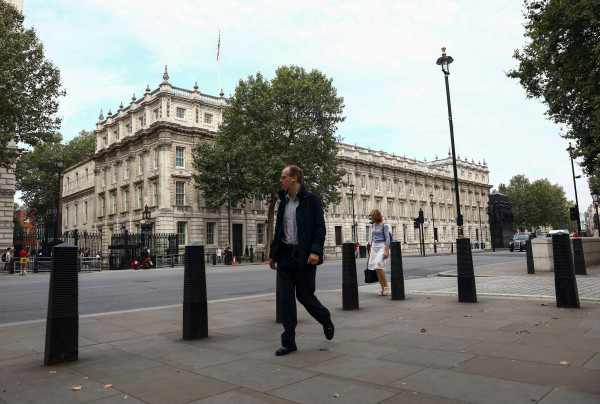

In February, the PHSO called for the DWP to submit more evidence related to the communication of state pension changes, which the ombudsman needed in order for the second stage of the investigation to continue.
The ombudsman was itself criticised by the campaign group Women Against State Pension Inequality in April 2021 due to delays in delivering its verdict.
It determined in July that year that the DWP had failed to properly communicate the change, but the subsequent investigation is supposed to determine the extent and impact of those failings, as well as what action should be taken to redress them.
Campaign groups have made a number of demands, such as the reinstatement of their state pension, the state pension age to revert to 60, as well as compensation for the amount of state pension they would have received had their state pension age not changed.
However, a 2019 High Court decision underlined that the PHSO cannot recommend that the DWP reimburses “lost” pensions, or that anyone should receive their state pension any earlier than the law allows.
In its update, published August 15, the PHSO confirmed that the second stage of the investigation was still ongoing, and that it is still not accepting any new complaints while that investigation continues.
It also confirmed that it had shared its provisional views on the second stage with the complainants, their MPs, the DWP and the Independent Case Examiner, in order that they have a chance to provide comment.
Stage two is specifically considering the DWP’s communication about the number of qualifying years of national insurance contributions that are required for a full state pension, how it and the ICE handled the subsequent complaints, and whether failings led to “injustice, including the maladministration we identified at stage one of the investigation”.
The PHSO said it was “adjusting” its approach to the remainder of the investigation “so we can conclude the investigation as efficiently as possible”, and begin considering “what action we think the DWP should take to remedy the apparent injustice”.
“We will share our provisional views about remedy once we have considered any further evidence we receive about our provisional views for stage two,” it explained.
“We will then go on to publish our findings about the issues we are considering at stage two and remedy at the same time. This adjustment will minimise complainants’ wait for our findings about remedy once we have considered any further evidence we receive.”
The PHSO confirmed that, when it determines an injustice was suffered as a result of maladministration, its recommendations may include that compensation be paid. The amount of compensation will be decided by reference to its guidance on financial remedy, which includes a six-level “severity of injustice scale”.
“Each level includes a range of amounts of compensation we would usually recommend in those circumstances. For example, compensation for a level three injustice would fall within the range of £500-£950,” it explained.
benjamin.mercer@ft.com



